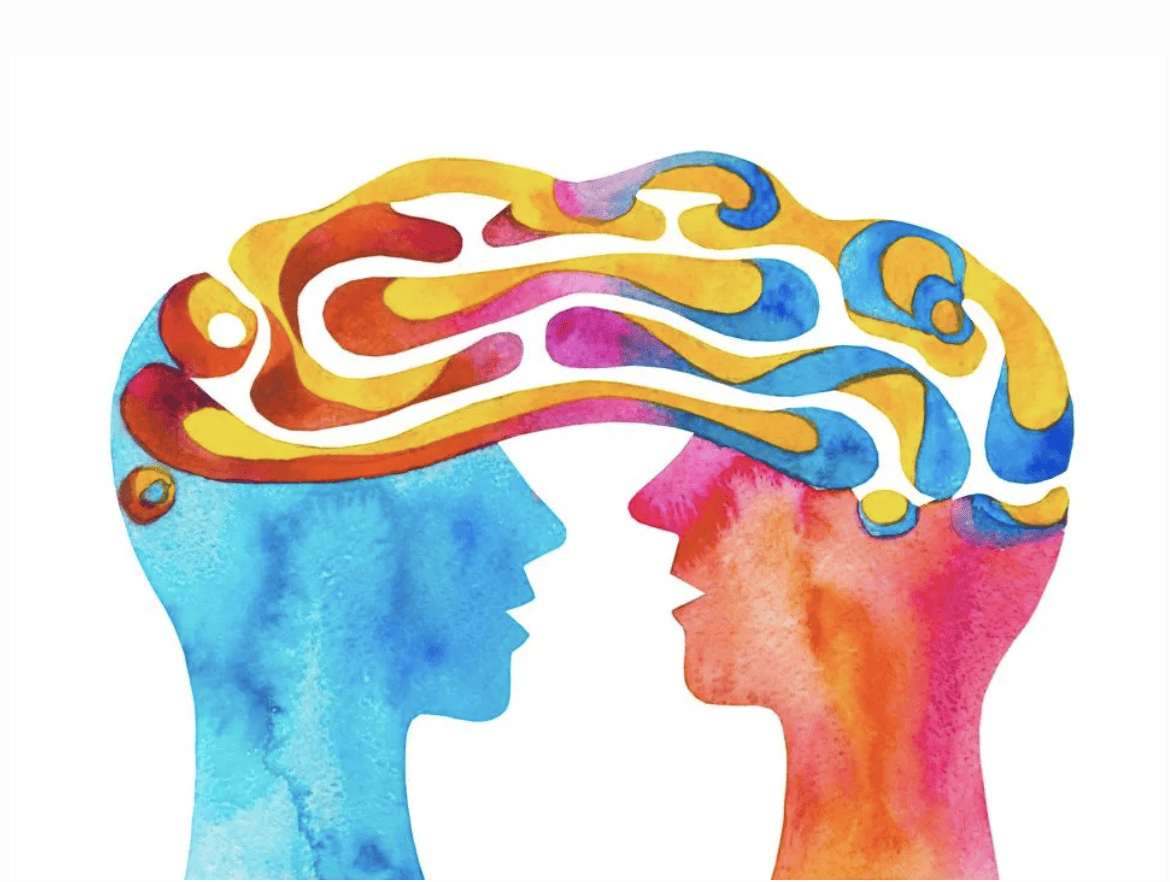In a world where understanding and compassion are valued commodities, empathy stands out as the cornerstone of human connection. It’s the ability to step into someone else’s shoes, see through their eyes, and feel with their heart. Empathy transcends mere sympathy; it’s about truly grasping another person’s emotions and experiences, even if they differ from our own.
Empathy isn’t just a soft skill or a nice-to-have trait; it’s a fundamental aspect of what makes us human. It’s what allows us to build meaningful relationships, forge bonds of trust, and navigate the complexities of social interactions. Whether it’s comforting a friend in distress, celebrating a loved one’s success, or simply lending a listening ear, empathy forms the bedrock of supportive and nurturing relationships.
But what exactly does empathy entail? It encompasses several components, including cognitive empathy, emotional empathy, and compassionate empathy. Cognitive empathy involves understanding another person’s perspective and mental state, while emotional empathy involves sharing in their emotional experience. Compassionate empathy takes it a step further by prompting us to take action to alleviate someone else’s suffering.
So, how can we cultivate empathy in our lives? It starts with active listening, paying attention not only to what someone is saying but also to how they’re feeling. It involves practicing empathy not just in moments of crisis but in our everyday interactions, whether with friends, family, colleagues, or strangers. It means approaching others with an open mind and a willingness to understand, even when their experiences differ from our own.
Moreover, empathy isn’t limited to interpersonal relationships; it extends to our broader interactions with the world around us. It’s about recognizing the humanity in everyone we encounter, whether they belong to our immediate circle or exist on the periphery of our lives. It’s about advocating for social justice, standing up against injustice, and striving to create a more empathetic and inclusive society for all.
Empathy is also crucial for human health and mental well-being. Studies have shown that individuals who cultivate empathy tend to experience lower levels of stress, anxiety, and depression. By fostering positive social connections and support networks, empathy acts as a buffer against the negative impacts of stress and adversity. Additionally, empathy promotes prosocial behaviors such as altruism andcooperation which are essential for maintaining healthy relationships and communities.
Furthermore, empathy extends beyond human interactions to encompass non-human beings like animals and the environment. Recognizing the inherent value and sentience of all living beings, empathy prompts us to consider the welfare and rights of animals and the preservation of the natural world. By cultivating empathy towards animals, we can advocate for their humane treatment and conservation, contributing to a more compassionate and sustainable future for all life on Earth.
In essence, empathy is the glue that binds us together as a species. It’s what enables us to bridge the gap between individuals, communities, and cultures, fostering greater understanding, acceptance, and unity. In a world that often feels divided and disconnected, empathy serves as a beacon of hope, reminding us of our shared humanity and our capacity for kindness, compassion, and love.
So, let’s embrace empathy in all its forms, both in our personal lives and in our interactions with the world. Let’s strive to cultivate empathy as a guiding principle, allowing it to shape our thoughts, words, and actions each day. For in doing so, we not only enrich our own lives but also contribute to a more compassionate and empathetic world for generations to come.

